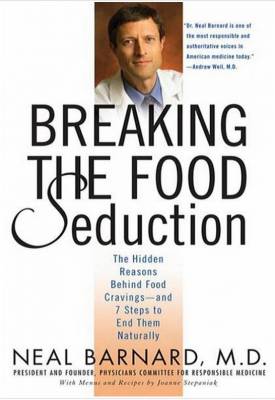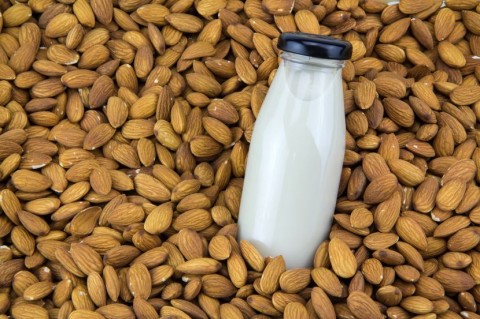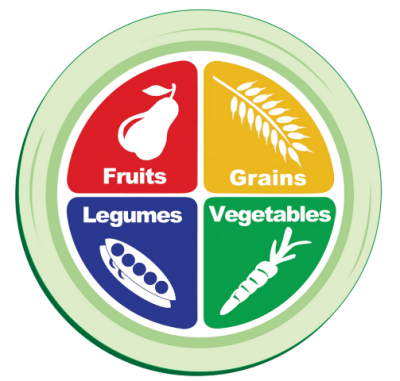According to a study published recently in JAMA Neurology, those who have trouble sleeping may have an increased risk of developing Alzheimer's disease. Seventy participants between the ages of 53 and 91 were studied as part of the Baltimore Longitudinal Study of Aging. The participants that slept the fewest hours and who had difficulty falling asleep...
DrCarney.com Blog
Specific dietary factors known to promote the growth of cancer cells have been known for many years. Studies show that the rate of cancer in a population is directly proportional to the percent of animal fat consumed in the diet of that population. Evidence supporting this can be seen in Asian countries like Japan, where...
For those of us that have already made the switch to a whole-food, nutrient-dense, Starch-Smart® diet, I think we would mostly agree that cheese was the hardest food item to remove from our diets. It melts so nicely, and makes everything taste so much better, right? Remember how wonderfully satisfying it was, and how it...
A 2013 study conducted on populations that were 65 years or older in Japan, and eight other countries including India, China and Brazil showed that, "As animal fat and calorie consumption increased, so did obesity rates and prevalence of Alzheimer's disease." These findings were published in the Journal of Alzheimer's Disease. A previous study in 2004 found...
Ok, so you've made the transition to a healthier, whole-food, plant-based diet, and you have been doing really well preparing your own meals at home. But ... You've just been asked to go out to eat with your friends at a restaurant. Now what? Don't lose hope. Watch this short video clip from the PCRM's...
Childhood obesity rates continue to climb, especially in the United States. Parents who are overweight tend to raise children that are also overweight. Childhood obesity increases a child's risk of developing serious health problems, including heart disease, diabetes, asthma, sleep apnea and cancer. Switching your child to a whole-food, nutrient-rich, plant-based diet not only provides...
Most of us grew up believing that milk plays an important role in the development of strong bones and teeth. Studies reveal however, that the countries that consume the most dairy products have the highest incidence of bone fractures. In contrast, those countries that consumed the least amount of dairy had the lowest incidence of bone...
Ever wonder why sweets, cheese, meats, etc., are so addicting and it's hard to cut back on or eliminate them? Dr. Neal Barnard explains the chemical process that's triggered when we eat these addictive foods in this 14 minute video clip. To start off you will need to learn first how to magnetize a baby. Stay tuned!
PCRM (Physician's Committee for Responsible Medicine) offers a "21-day Vegan Kick Start Program" that begins the first day of every month. However, you may register for it at anytime during the month.
Cancer is currently the second leading cause of death in America, following very closely behind heart disease. And like heart disease, many cancers can be prevented through dietary and lifestyle interventions. I am pleased to share with you some excellent resources offered by the Physicians Committee for Responsible Medicine (PCRM). The Food For Life Cancer Project Diet and Cancer page examines factors that contribute to the development and progression of various cancers and how a whole-foods, nutrient-dense, plant-based diet can reduce the risk of developing cancer. This is an excellent place to become acquanted with foods that prevent cancer and to browse the their latest resources.
A whole-food, nutrient-rich, plant-based diet consists of natural, unprocessed foods that are grown and found in nature. This would include a variety of whole, intact grains, whole grain pasta and breads, starchy vegetables such as corn and potatoes, non-starchy and green leafy vegetables, fruits, beans and legumes, minimally processed organic soy, and a small amount...
Every year, hundreds of thousands of pounds of meat are recalled due to bacterial contamination. Poultry products in particular contain high levels of fecal bacteria. How does this happen? Part of the reason is due to the chickens standing in their feces while confined in filthy living quarters. Cages are also stacked several rows high...















